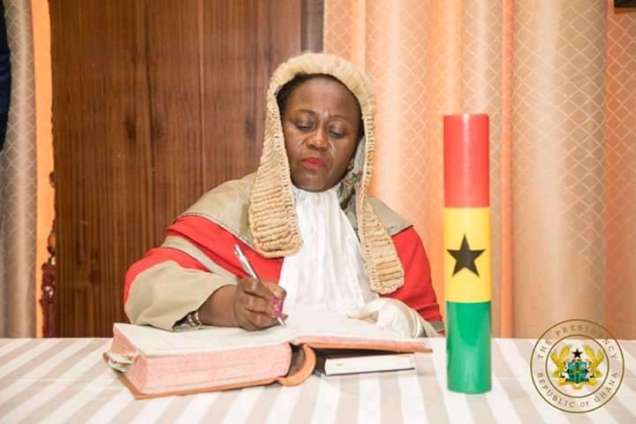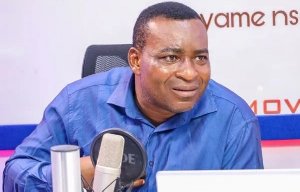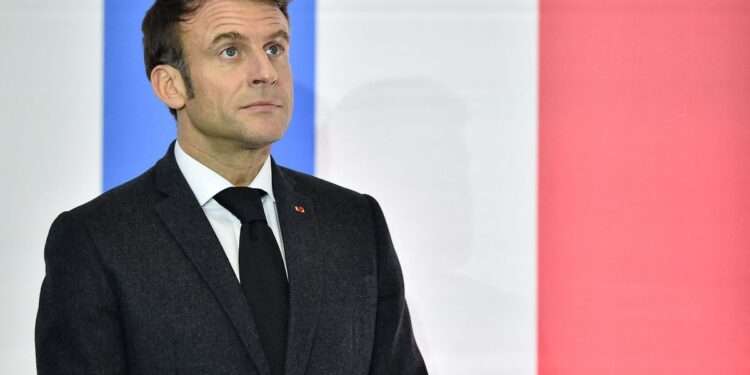In a firm statement on the controversy surrounding the suspended Chief Justice Gertrude Torkornoo, Richard Ahiagbah, Communications Director of the opposition New Patriotic Party (NPP), has accused the ruling National Democratic Congress (NDC) of launching a dangerous and unprecedented attack on judicial independence.
According to him, the attempt to replace the Chief Justice without clear evidence of wrongdoing could mark the NDC as “the most judicially oppressive regime” in Ghana’s history.
He noted that such actions threaten the democratic balance and would undermine public trust in judicial autonomy.
He described the rationale behind the impeachment efforts as weak and unfounded, insisting that no compelling legal grounds had been established to justify the removal.
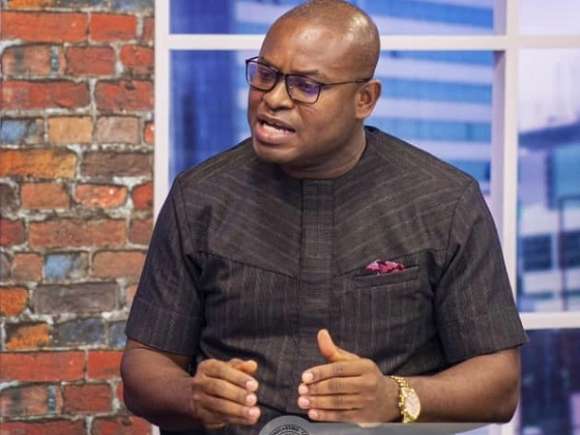
“The things they put together to remove the [suspended] Chief Justice are as flimsy as you can imagine. There’s no basis for that. We shouldn’t be having this conversation. We’re toying with our democracy.
“The NDC will go down as that political party whose government took drastic efforts to undermine the balance of power in our country. That is pushing us close to the point where citizens’ rights will be taken for granted.”
Richard Ahiagbah
Ahiagbah further alleged that the NDC’s tactics were not only politically motivated but also harmful to the country’s constitutional checks and balances.
He highlighted concerns about remarks from experienced legal professionals, accusing them of deliberately casting doubt on the suspended Chief Justice’s legal knowledge and presenting her as someone unfamiliar with the facts or lacking a proper understanding of judicial matters.
Threat To Judicial Independence Raised Amid Chief Justice Saga
Drawing on Article 127(3) of the Constitution, Ahiagbah stressed that judges should not be penalized merely for carrying out their judicial responsibilities.
He suggested that the challenges facing Justice Torkornoo do not stem from any misconduct, but rather from dissatisfaction with the rulings she has delivered.
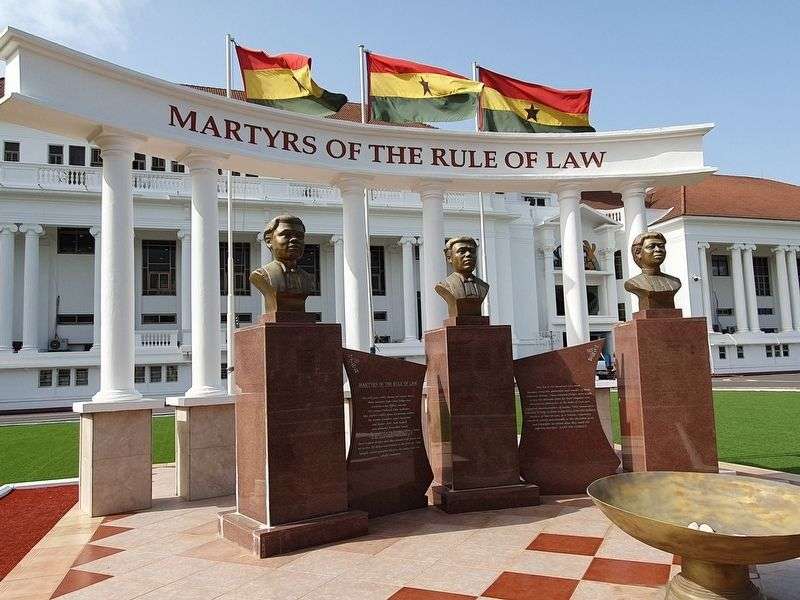
In his view, it is troubling that personal disagreement with a judge’s decision could be treated as sufficient justification for initiating removal proceedings.
Ahiagbah dismissed many of the allegations in the petitions against the suspended Chief Justice as routine procedural matters, saying, “They are, at best, administrative matters that must be dealt with.”
He pointed out that the Auditor General’s office, an independent constitutional body, has not made any direct allegations of financial impropriety against her.
“They have not cited her for anything related to the expenditure that has become a matter for a petition,” he noted, questioning the real motivation behind the proceedings. “I’m just wondering what this is about. I’m wondering what’s going on.”
He cautioned that the issue extended beyond Justice Torkornoo, warning that it posed a broader threat to the institutional framework of Ghana’s democracy.

He emphasized that the real concern lies in preserving the authority of the office and maintaining the balance of power necessary for the country’s democratic system to function effectively.
Ahiagbah expressed concern that the government appeared determined to proceed regardless of public or expert opinion. “The government is determined to remove the Chief Justice, so they won’t listen to anybody,” he said.
He questioned the constitutional justification being used to advance the removal process, implying that those pursuing it are insisting on adherence to the Constitution while overlooking the deeper implications and fairness of the action.
His remarks underscore broader concerns about maintaining judicial independence in the face of political disputes.
Ahiagbah contended that removing a Chief Justice based on unproven claims or disapproval of legal rulings sets a dangerous precedent that could weaken Ghana’s democratic foundation.
He warned that the implications of this move could haunt the country’s legal and political systems for years to come.
As debate intensifies over the future of the Chief Justice and the boundaries of executive influence, Ahiagbah’s comments reinforce calls for cautious, constitutionally sound governance.
For many observers, the integrity of judicial independence is now firmly at the heart of Ghana’s evolving political landscape.
READ ALSO: Possigee Pursues Education in Finland Over Pensions

